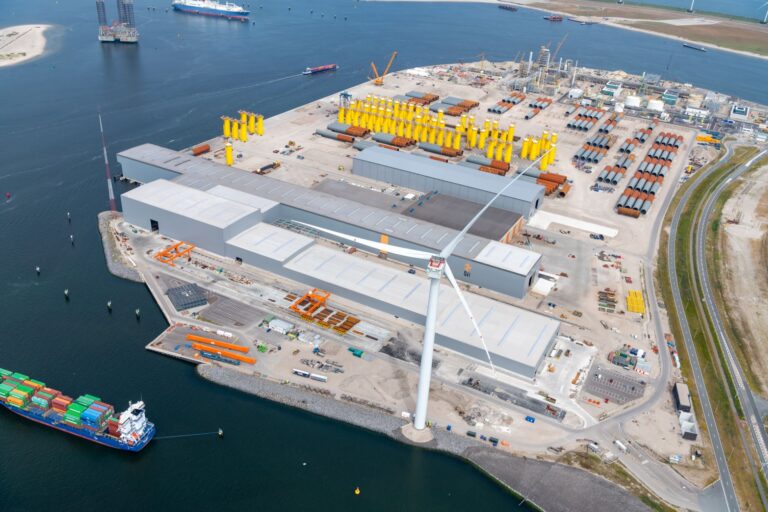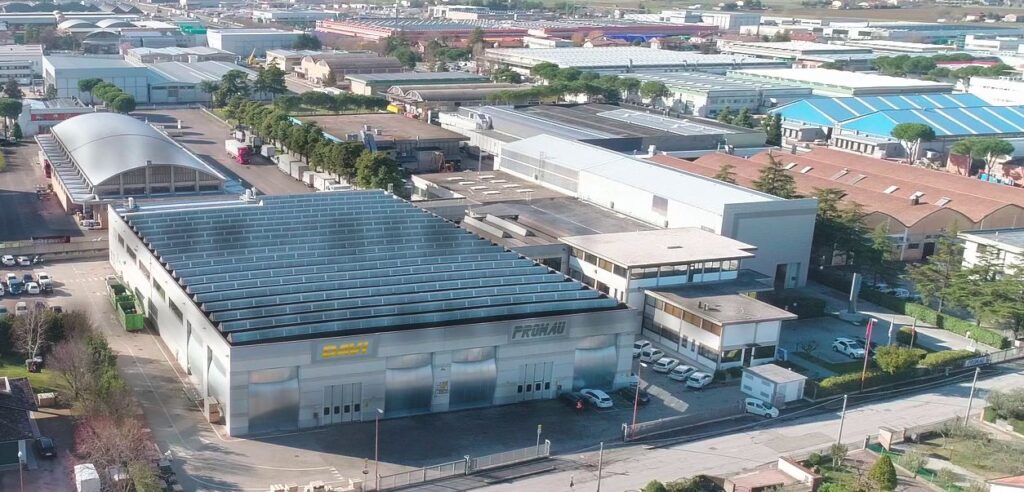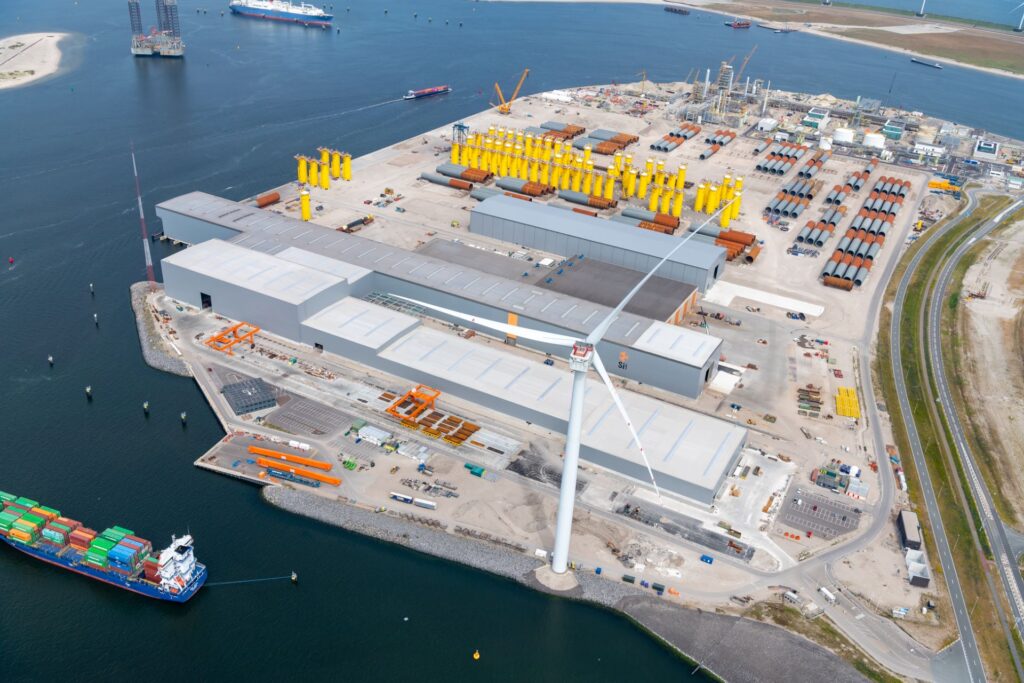Rotterdam, Netherlands – October 2024 – Davi has announced the successful final acceptance of its Plate Rolls by Sif at their new complex in Maasvlakte Rotterdam. This artificial land area showcases the advanced technology within Sif’s production facility.

Successful Implementation and Testing
The Site Acceptance Test (SAT) for Line 1 was completed last month with Davi’s MCB ZA-45 for rolling and MAV 45-520 for rerolling, allowing for the production of cones and cylinders. Positive pre-SAT results in August led to the final compliance check and acceptance.
Exceptional Team Performance
Davi Field Service Engineers played a crucial role, acting as site managers and ensuring a smooth installation process. Training sessions led by Davi Technicians allowed Sif operators to start production on the new equipment.

Future Prospects and Continued Collaboration
The preliminary SAT for Line 2 is set to begin soon, with completion expected by October. This phase will continue utilizing Davi’s technology to enhance Sif’s production capabilities.
About Davi
Davi is a leader in rolling solutions, providing advanced technology for the metal forming industry. Focused on innovation, Davi supports sectors like wind energy, emphasizing precision and sustainability, making it a preferred partner for global renewable energy companies.

For more information on Davi’s products, visit Davi’s wind energy solutions
Note: The opinions expressed do not necessarily reflect the views of offshoreWIND.biz
Original Story at www.offshorewind.biz
